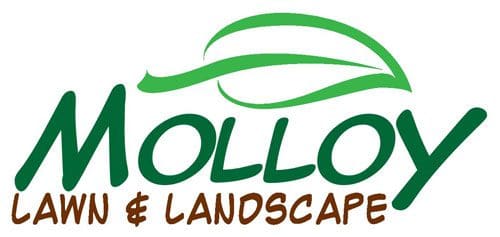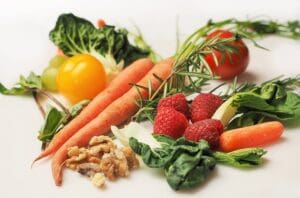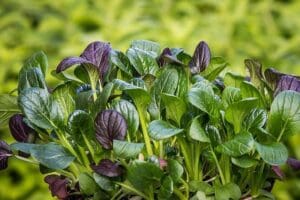
There are few things as enjoyable as growing your own vegetables. During this time of year, people all around the United States start to plant produce to grow in their backyards. On average, over 31 million American households have a vegetable garden every year. Many analysts believe the that number of people growing their own produce will increase substantially in the coming years due to rising prices at the grocery store.
One of the main goals you should have when planting a garden is getting lots of fresh produce. If you want to make your investment in a vegetable garden pay off, then increasing your yields is vital. Here are some things you can do to boost vegetable garden yields.
Selecting the Right Plants is Crucial
Before you start the process of planting vegetables in your garden beds, take the time to perform some research. Some people mistakenly think that they can grow any type of produce in their region. In reality, some plants tend to do better in certain climates. If you are planting a vegetable garden in spring in Massachusetts, you need to opt for crops like:
- Celery
- Peppers
- Lettuce
- Tomatoes
- Cauliflower
- Eggplant
Many of the vegetables mentioned above can be planted into June and do quite well in the Massachusetts climate. If you are unsure about how to design your garden or what to plant in it, the team at Molloy Lawn & Landscape is here to help.
Provide Your Soil With Proper Nourishment
Healthy soil is one of the main things you need to grow healthy vegetables. Taking the time to test the soil in your garden before planting is a great idea. Knowing the PH levels of your soil can help you see where improvements need to be made. One of the best ways to provide your soil with additional nourishment is by covering it with compost or manure.
Ideally, you want to lay down your compost or manure during the winter months. By doing this, you can give it plenty of time to break down and become part of the soil. Providing your soil with these additional nutrients can help you boost yield numbers and boost the resiliency of your plants.
Proper Plant Spacing is Important
Once you have chosen the right plants for your garden and prepared your soil, it will be time to get to work. Most inexperienced gardeners fail to realize the danger of planting vegetables too close together. If a plant doesn’t have enough room to grow, it is only a matter of time before it dies off. Rather than allowing this to happen, you need to be careful about the amount of space put between each of your plants. Generally, plants from a nursery will feature instructions about how to properly space them.
By following the great tips in this article, you can get more vegetables from your garden. If you need help with your garden, check out the services offered by Molloy Lawn & Landscape.




